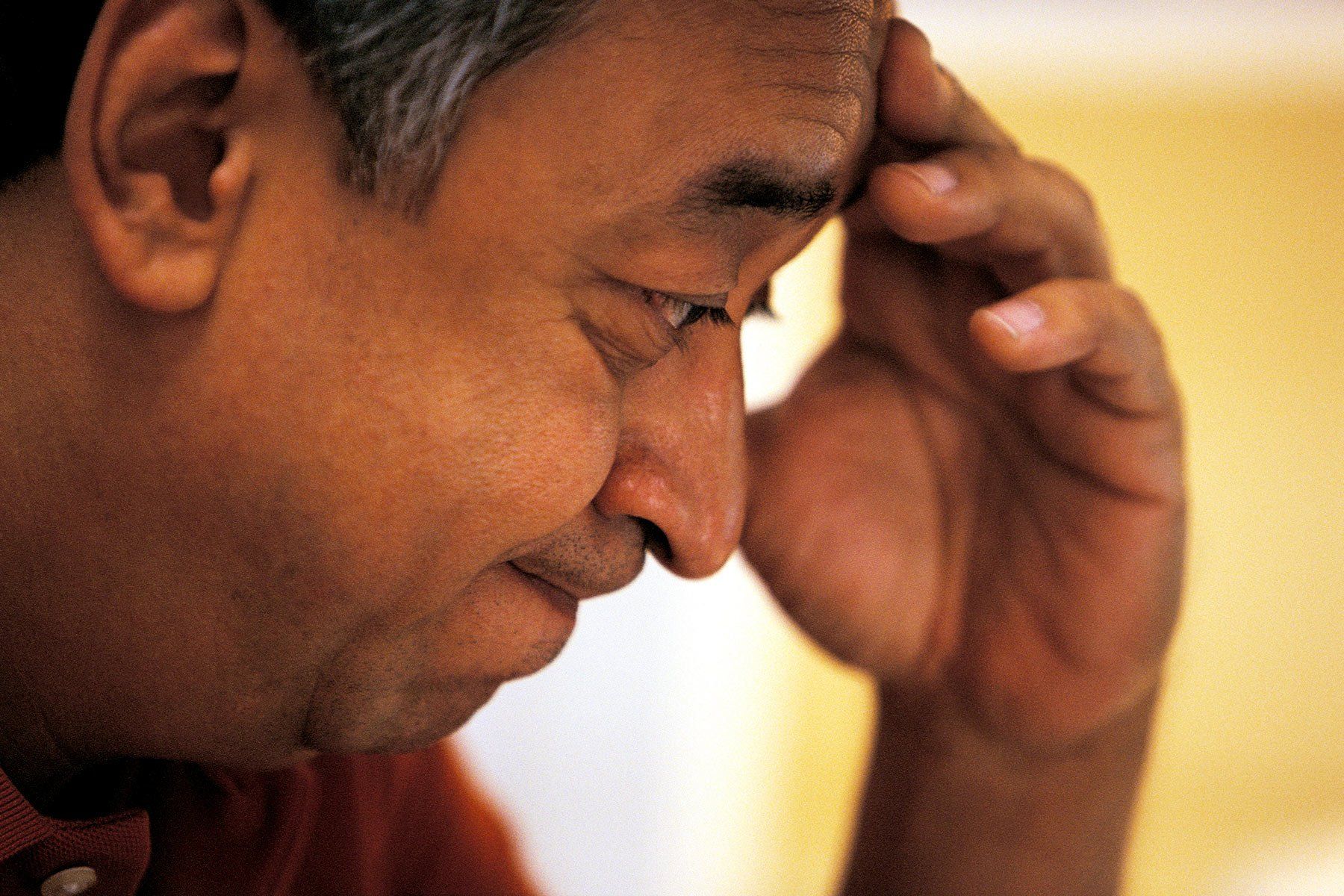Blame It On…
According to the Merriam Webster dictionary, the definition of blame is “to hold responsible, to find fault with, or to censure for something that has happened, has failed to happen or which has had a negative impact in some way.”
It is so easy for us to blame someone or something for our foibles; telling a teacher the dog ate your homework, convincing the boss you didn’t get the project completed on time because someone else didn’t do their part, or even putting the onus on your kids when you’re late for a function. Many people have heard the old saying, “Others only treat you the way you allow them to.” The difficult part about this is we have to come to terms with the fact that we are truly responsible for our actions and relationships.
Think about some of the things which hurt you and ask yourself:
- What is the story you’re telling yourself about what the other person did or said?
- Is there something in what the other person did or said that needs to be addressed, apologized for, explained, forgiven or understood? Do you need to step away from the situation?
- What is my responsibility in this situation?
It is so easy to play the Blame Game, especially when we think it gets us off the responsibility hook. We even tell ourselves that someone else’s words or actions meant one thing when in actuality, they meant something completely different. Alas, to err is human and to blame someone else for our situations or problems seems to be human, also. We blame God, our enemies, nature, our spouses, our friends and even politicians.
But why?
The Uses of Blame
Generally, once someone has acknowledged their part in any wrongdoing, the result is an apology, concession, justice or punishment. According to Dr. Molly Allen, blame allows us some control. “Blame helps us to feel that we comprehend a situation, we are in charge, and it helps to preserve our sense of ourselves as good people who make good choices,” says Dr. Allen. “In a sense, blame is a matter of control. However, it often gets away from us when we lack the courage and honesty to look at ourselves and hold ourselves accountable for our true mistakes, or our moral failings.”
The Misuses of Blame
Human dynamics are complex and while we may think blame is simple, it is also difficult and not easy to deal with, especially when our emotions or feelings about a situation are aroused. Some misuses of blame include:
- The inability to blame
- The projection of blame on others
- Retaliation
- An imposed code of silence
The Danger of Self-Blame
Very often we try to regulate unbearable feelings by blaming ourselves for situations or thoughts that are out of our control. Self-blame is sometimes warranted, but sometimes it isn’t and it is important to know the differences. For example, child abuse victims often avoid the reality of the betrayal and abuse they have endured by those who should love them, by blaming themselves for their circumstances.
The Impact of Others’ Blame
Self-blame is often a way in which we put the blame on others as a method of psychologically distancing ourselves from a situation. Statements such as, “She should never have taken the train so late;” “He never watched what he ate;” and “They insisted on living abroad” are examples of this. The consequences of incurred self-blame can be:
- Guilt
- A sense of shame
- A lack of confidence
- Self-disdain
- Fear of exposure
This makes us victims of ourselves and can prevent the empathy we need from ourselves and others to heal.
Beyond Blame
When blame is constructive, it isn’t a life definition or a projection of our own blame. Rather, it allows us to responsibly acknowledge our role in the situation and leads to positive actions that regulate us personally and interpersonally. It is both curable and healing to victim and wrongdoer. We may, indeed, need to blame ourselves and others at times, but to truly go forward, blame also has to help us go forward towards forgiveness.
Sources: Psych Central, Dr. Molly Allen






